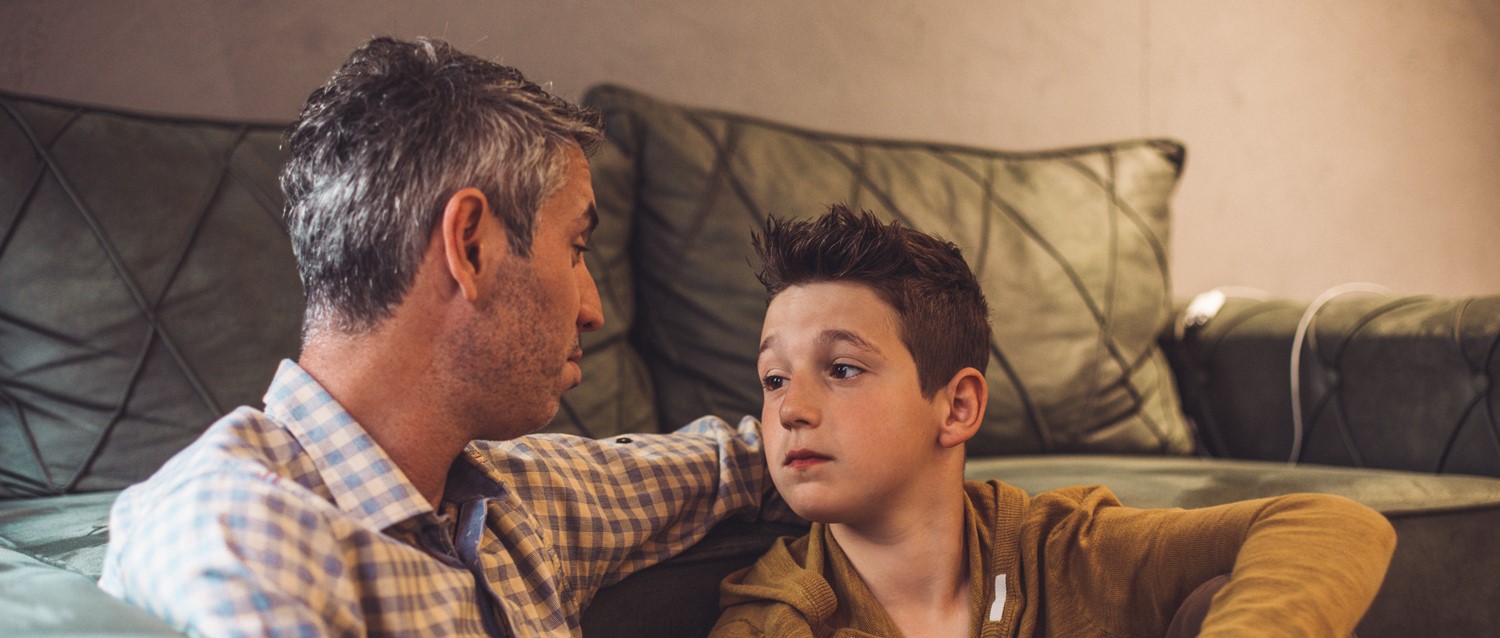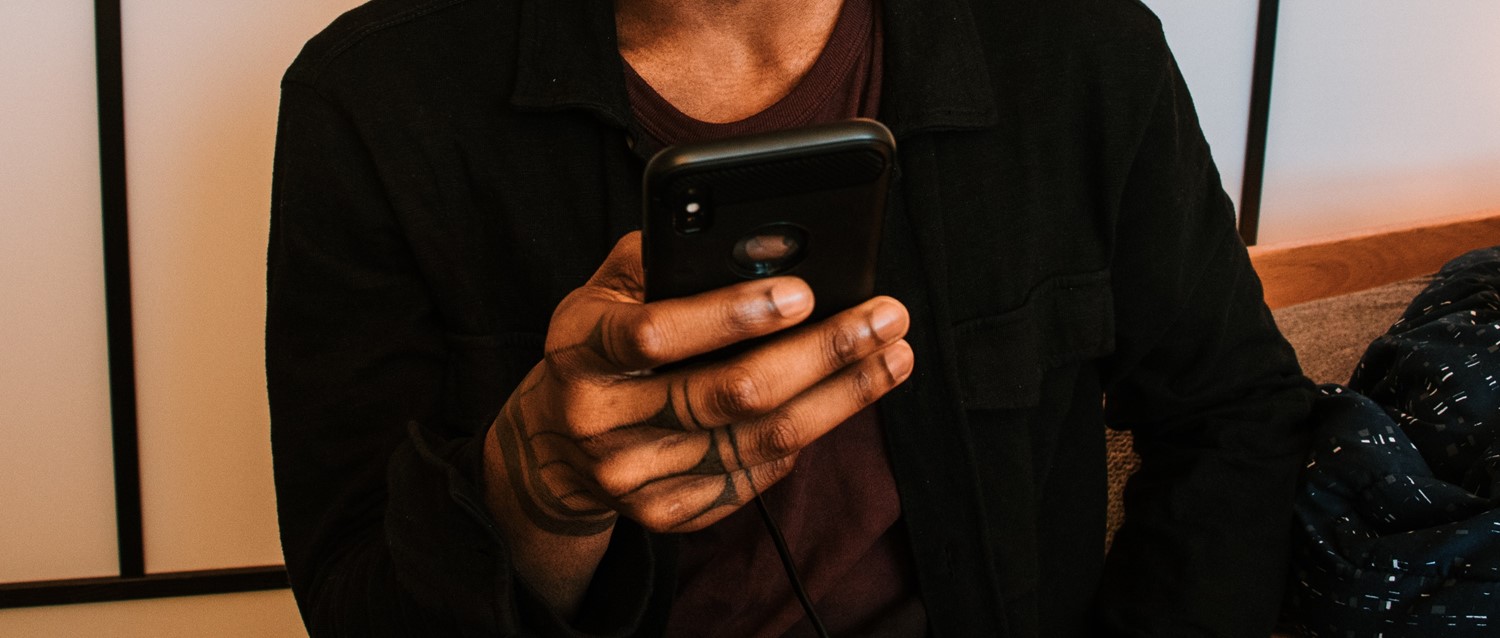
COVID-19: how does the coronavirus pandemic affect autistic people?
Peer reviewed by Dr Sarah Jarvis MBE, FRCGPLast updated by Sarah GrahamLast updated 24 Apr 2020
Meets Patient’s editorial guidelines
- DownloadDownload
- Share
- Language
- Discussion
The coronavirus pandemic has thrown all of us into an unprecedented time of uncertainty and anxiety as we adapt to life under lockdown. But it poses particular challenges for the UK's 700,000 autistic people and their families. From supermarket shortages to confusion about government guidance, people living with autism share how COVID-19 is affecting their lives, and how they're coping with the upheaval.
In this article:
Video picks for Pandemic articles
Use Patient's coronavirus checker tool if you have any symptoms of fever or a new cough. Until you have used the tool and been advised what action to take, please stay at home and avoid contact with other people.
"This sudden unexpected change and disruption to everyday life is particularly hard for autistic children and adults," says Caroline Steves, Chief Executive of the National Autistic Society (NAS). For many of us a cancelled appointment, empty shelf, or the closure of a local cafe might be an inconvenience, she explains. But for someone with autism it could trigger intense stress and lead to a meltdown or a shutdown - that is, an intense physical or verbal response to feeling overwhelmed, or a more muted response like withdrawing into silence.
"The coronavirus pandemic has introduced us to a world where plans are rarely worth the paper they're written on. This level of unpredictability can be terrifying for autistic people who count on a routine to bring structure to the otherwise uncertain world," says James Sinclair, author of the blog Autistic and Unapologetic, who recently posted about how to support autistic people during the pandemic.
"It's a commonly held belief that autistic people are apathetic, but in reality we have a tendency to over-empathise. This means that, when we find ourselves locked in with loved ones - who are now following different patterns to those we expect - we are distressed by the situation of the outer world. But in addition, we're also often deeply impacted by absorbing our parents' fears, our siblings' stress, and the calls for more urgency and information from every show we watch, radio channel we listen to, or website we land on," he explains.
"This last one is particularly challenging. When autistic people hear about a new topic, our tightly linked minds try to consume everything about the subject until we have no gaps left to fill, and therefore no chances of it taking us by surprise. But, when it comes to this new pandemic, no one knows everything and so we are left desperately hunting for answers," James adds.
Continue reading below
Navigating confusion and uncertainty
"I think a big part of the challenge for autistic adults is the lack of clarity. You get the government announcement, and you think you understand it, but actually the guidance isn't that clear and everyone's interpreting the rules differently," says Laura James, author of 'Odd Girl Out: An Autistic Woman in a Neurotypical World'.
"I can't speak for every autistic person but generally, autistic people are obsessed with clarity: we just need everything to be very simple and very clear, and we're very rules-based. It can be quite stressful to think you might be breaking a rule, and to see other people breaking the rules," she explains.
"Another big thing is uncertainty, which is difficult for autistic people at the best of times. We have never been in a situation that's been so uncertain, so that's very tough," Laura adds. "It's also worth noting that often autistic people are self-employed, and they're often earning quite low salaries. That means the idea of having no money and not being able to navigate the very complex system of getting support is a challenge too."
Adapting to new routines
Back to contentsAs well as relying on consistent daily routines, Laura adds, "often we need to have sameness in food and drink to make us feel safe." With both schedules and food stocks disrupted by the pandemic, people with autism may be struggling to adapt to these sudden changes.
"Knowing and accepting you need a routine, and being able to switch over to that routine, are two very different things, so I'm still struggling," says Tyla Grant, who shares her experiences of life with autism on Instagram, as Adulting Autistic. "I've been forgetting to eat a lot, and fear of the unknown (in terms of how chaotic the supermarket will be) is putting me off going to get the easy healthy foods I know I like to eat at a time like this."
This disruption can be particularly challenging for children with autism. "What I'm seeing a lot of is parents of autistic kids saying their child will literally only eat this one brand of crisps, or they'll only eat chicken nuggets from McDonalds, and they can't get that anymore," Laura explains. "People are panicking because they're genuinely worried they're going to watch their kids starve to death, so that's very hard and very frightening."
In these instances, she suggests leaning on community and asking for what you need via Twitter, local Facebook groups, and local sites such as NextDoor. "People are kind, and people really want to help right now because we all feel helpless, so if you need a particular brand of crisps, people will send them to you," she says.
Continue reading below
Coping strategies and how to help
Back to contentsFor adults with autism, the NAS recommends limiting news consumption during this time, and giving yourself time to absorb and process each piece of news. They also suggest creating a new schedule - including time for eating, resting, and fun - and letting people know how you'd prefer to stay in contact with them.
Creating new structures, support and routines are also key for managing anxiety in children with autism. So are clear explanations using social stories, and focusing on activities and learning to keep things positive.
Above all, Laura says, remember that asking for help is part of coping. Don't be afraid to tell people what you need. Likewise, for anyone supporting a friend or relative with autism, ask rather than assuming how best you can help.
"Asking for a list of the foods we are missing and picking it up for us could be really helpful," suggests Tyla. "Or a general welfare check-in, and scheduling time for a catch-up call or FaceTime if you usually see each other and now can't."
Finally, James adds, "washing hands, social distancing and maintaining health are all messages that aren't likely to change anytime soon, and following them can actually help to build many routines in place of those that we're currently without.
"That said, no matter how many times I listen to government guidelines, I always feel incredibly anxious when stepping foot out of the house - as I'm sure I'm about to slip up and put the whole of humanity at risk. So try not to push us into any scenarios that could build our apprehensions."
Patient picks for Pandemic articles

COVID-19
Can apps help you manage your mental health during the pandemic?
For people with mild depression and anxiety, and those in treatment, apps may provide useful support during lockdown - or while restrictions to face-to-face consultations remain in place even as lockdown eases - to help them manage and improve their mental health.
by Ellie Broughton

COVID-19
What to do if you need contraception or abortion care during lockdown
Across the UK, lockdown restrictions are starting to ease, albeit at different rates in the four nations. But the rate of change is slow and we're all having to adapt to a new normal. Accessing contraception, abortion and sexual healthcare has proved a challenge for many - but there is a range of alternatives now available to ensure women can get the services they need.
by Dr Sarah Jarvis MBE, FRCGP
Continue reading below
Article history
The information on this page is peer reviewed by qualified clinicians.
24 Apr 2020 | Latest version

Ask, share, connect.
Browse discussions, ask questions, and share experiences across hundreds of health topics.

Feeling unwell?
Assess your symptoms online for free
Sign up to the Patient newsletter
Your weekly dose of clear, trustworthy health advice - written to help you feel informed, confident and in control.
By subscribing you accept our Privacy Policy. You can unsubscribe at any time. We never sell your data.